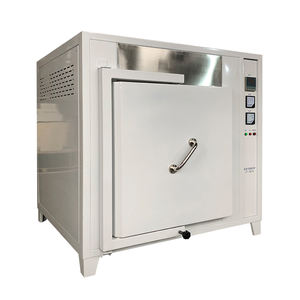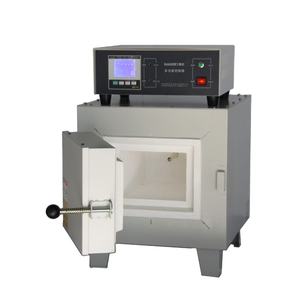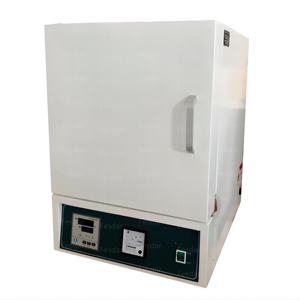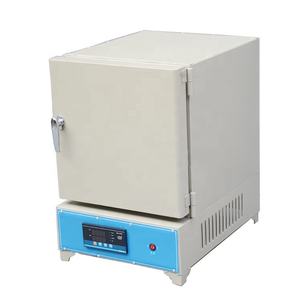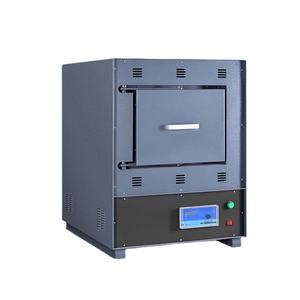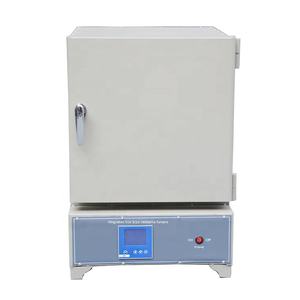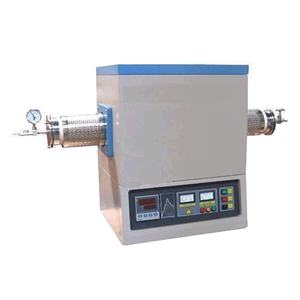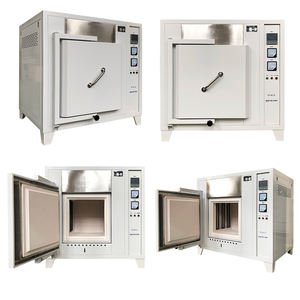Artisan Furnaces - Quality Craftsmanship Tools for Global Artists
The Large Inquiry: When Will Your Gas Heating System Finally Quit? .
(how long do gas furnaces last?)
That trusty gas furnace maintains you comfortable through winter after wintertime. But nothing lasts permanently. You might ask yourself – the number of winter seasons can I depend on this thing? The response isn’t simple. Many points determine if your heater makes it 15 years or limps past 20. Allow’s explore the life of your heater.
1. What Exactly Is a Gas Furnace? .
Think of your gas heating system as your home’s home heating powerhouse. It burns natural gas or gas. This creates heat. A part called the warmth exchanger warms up air around it. Your home’s blower follower presses this cozy air with your ductwork. The cozy air comes out vents in your floorings or walls. Cooler air go back to the heater to be reheated. This cycle maintains your home comfy. The almosts all are the burner, warm exchanger, blower motor, flue, and controls. These components interact. They transform fuel right into comfy warmth. It’s a simple yet efficient system. Numerous homes rely on them daily.
2. Why Heaters Do Not Last Forever .
Even the most effective heating systems wear ultimately. It resembles an automobile engine running frequently for months annually. Heat and tension take their toll. The heat exchanger is specifically vulnerable. It expands when hot. It acquires as it cools. This repeated flexing triggers metal exhaustion over years. Fractures can create. A fractured warmth exchanger threatens. It can leakage carbon monoxide right into your home. That’s why it’s a heating system killer. Other components stop working as well. The blower electric motor bearings wear down. Ignition systems get weak. Digital controls can malfunction. Deterioration from condensation assaults steel components. Dust build-up makes the system work harder. Tiny issues accumulate. Wear and tear is inescapable. Think about it like a marathon runner. At some point, the body simply can not maintain the very same rate.
3. Exactly how to Stretch Those Home Heating Years .
Desire your heater to last longer? Excellent maintenance is key. Treat it well. Set up yearly expert tune-ups. A technician checks whatever. They clean up essential parts. They change the heater for effectiveness. They identify tiny issues prior to they end up being big, expensive ones. Modification your furnace filter regularly. Do this every 1-3 months. An unclean filter requires the fan to work more difficult. It also lowers air movement. This strains the whole system. Maintain the area around your furnace clean and clear. Don’t store boxes best beside it. Make sure vents inside your home aren’t obstructed by furniture or rugs. Great air flow issues. Listen for unusual noises. Squealing, banging, or rattling are warning indications. Notification if your heating system cycles on and off frequently. Focus on increasing heating expenses. These might signify trouble. Fixing little concerns rapidly protects against major failures later. It’s more affordable too.
4. Real-World Applications: Where Heater Life Issues The Majority Of .
Your heating system’s lifespan isn’t nearly the system itself. Exactly how and where it’s made use of issues a great deal. Installment top quality is important. A heater put in poorly won’t last as long. It could not run effectively either. Always employ qualified professionals. The local climate plays a role. Heating systems in extremely cold climates run even more hours each wintertime. This puts even more strain on them. Furnaces in milder climates obtain even more remainder. Your home’s dimension matters. Is your heating system the right size? An oversized heating system short-cycles. It turns on and off too often. This creates additional wear. A small heater runs continuous trying to maintain. This also emphasizes it. Your home’s insulation and home window quality affect the heater as well. A leaking home makes the heating system work much harder. Great insulation reduces the lots. Consider your thermostat setups. Maintaining it very high all wintertime adds strain. A programmable thermostat aids handle this load.
5. Your Leading Heating System Questions Answered .
People always have concerns about furnace life. Right here are the most typical ones:.
Inquiry 1: What’s the typical lifespan? The majority of good-quality gas heaters last 15 to 20 years. Some get to 25+ years with best care and a little luck. Units older than 15 years are living on borrowed time.
Concern 2: Can I forecast when mine will fall short? Not precisely. However indication are increasing repair work expenses, strange noises, yellow heater fires (should be blue), unequal home heating, or a fractured warmth exchanger found throughout assessment. If repair work cost more than half the price of a new unit, substitute often makes good sense.
Question 3: Does brand impact life expectancy? Brand credibility issues for build high quality and parts availability. Yet even the best brand won’t last long with inadequate upkeep or installation. Proper treatment is more crucial than the nameplate.
Concern 4: Is changing parts worth it on an old heating system? Sometimes, for a minor repair on a properly maintained 10-year-old heater, yes. However sinking major money right into a 15+ year-old furnace is usually unwise. Newer designs are much more efficient. The financial savings on your gas costs can aid spend for the substitute.
Inquiry 5: What’s the biggest threat to heater life? Lack of upkeep is top. Avoiding annual tune-ups lets tiny problems expand. Filthy filters force the system to stress. Disregarding warning signs results in disastrous failure. Water leaks near the heater cause rust and deterioration.
Concern 6: Do high-efficiency furnaces last as long? Modern high-efficiency heating systems (90% AFUE or higher) have much more intricate parts, like additional warm exchangers and condensate drainage systems. These can sometimes be factors of failing. However, with exceptional upkeep, their lifespan is usually equivalent to typical efficiency versions. Their energy savings are considerable.
(how long do gas furnaces last?)
Concern 7: Should I wait for it to damage totally? Waiting for a mid-winter failing is high-risk and uncomfortable. Aggressive replacement throughout warmer months is smarter. You stay clear of emergency service charges. You get time to select the appropriate device and installer. You ensure heat when that first winter months cool hits.

